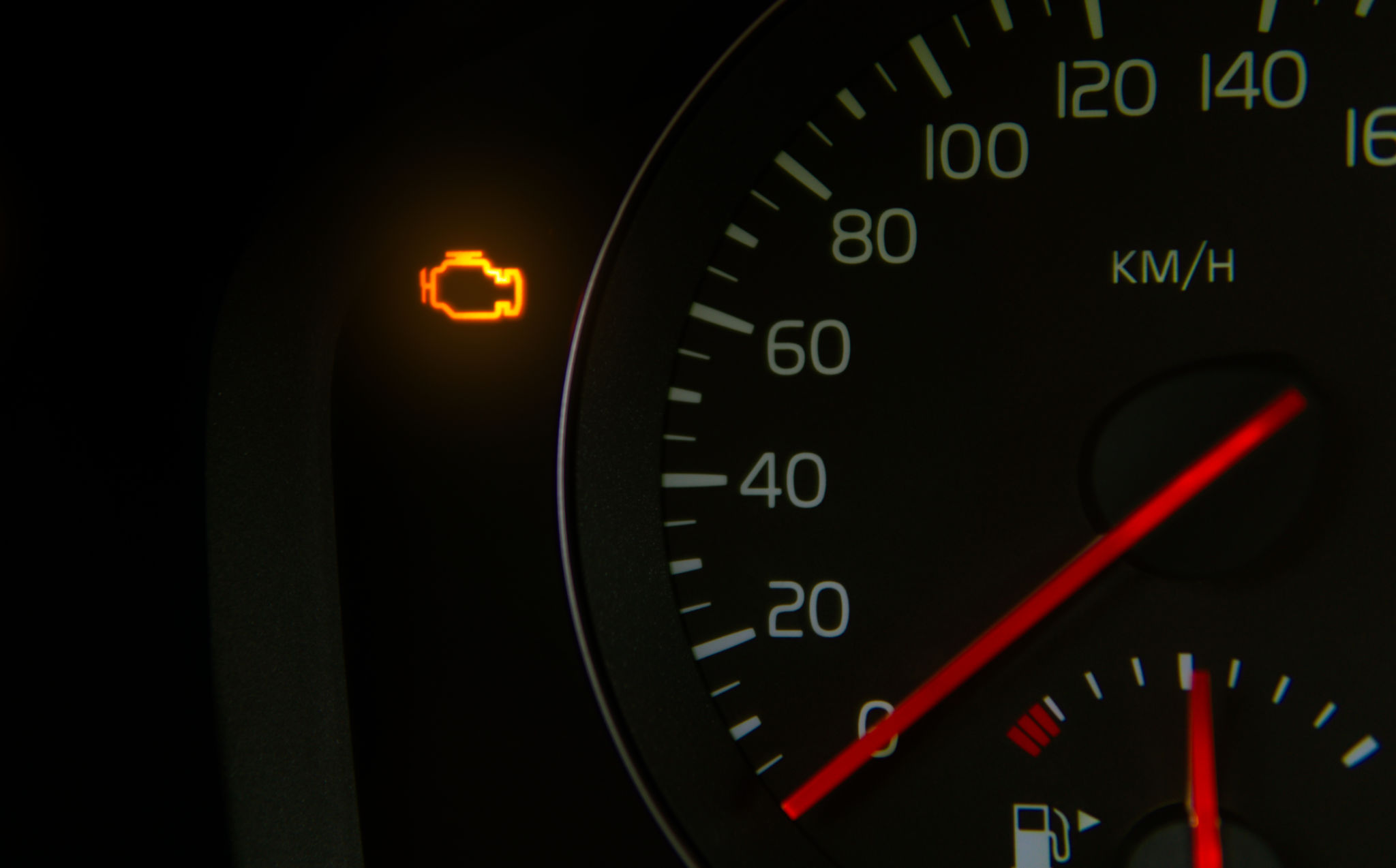Understanding Your Car's Dashboard Lights: A Guide for South Gloucestershire Drivers
Introduction to Dashboard Lights
Your car's dashboard is a crucial interface between you and your vehicle, offering a wealth of information about its health and performance. Dashboard lights are designed to alert you to potential issues, ensuring you stay safe on the roads of South Gloucestershire. Understanding these signals can help you address problems promptly and maintain your car’s longevity.

Types of Dashboard Lights
Dashboard lights are typically categorized by color and function. Generally, lights fall into three main categories:
- Red lights: These indicate a serious issue that requires immediate attention.
- Yellow or amber lights: These suggest a warning or something that needs to be serviced soon.
- Green or blue lights: These are informational and indicate that certain features or systems are operating.
Common Red Dashboard Lights
Engine Temperature Warning: This light resembles a thermometer and indicates that your engine is overheating. You should stop your car as soon as it is safe to do so and investigate the issue to prevent severe engine damage.
Oil Pressure Warning: Depicted as an oil can, this light warns of low oil pressure, which could lead to engine failure if not addressed promptly. Check your oil level and top up if necessary, or seek professional assistance.

Yellow and Amber Warning Lights
Check Engine Light: This ambiguous light can indicate various issues, from a loose gas cap to a more serious engine problem. It's advisable to have your car checked by a professional mechanic if this light illuminates.
Tire Pressure Monitoring System (TPMS): Shaped like a horseshoe with an exclamation point, this light warns of low tire pressure. Maintaining proper tire pressure is crucial for fuel efficiency and safety.
Green and Blue Informational Lights
Cruise Control Indicator: This light appears when your cruise control system is active, helping you maintain a constant speed without keeping your foot on the accelerator.
High Beam Indicator: Represented by a blue headlight icon, this light shows that your high beams are on, providing extra visibility in dark conditions.

Conclusion
Being familiar with your car’s dashboard lights can save you time, money, and stress. By understanding these signals, South Gloucestershire drivers can ensure their vehicles remain in top condition and stay safe on the road. If ever in doubt about a dashboard light, consulting your vehicle's manual or seeking professional advice is always a wise choice.
